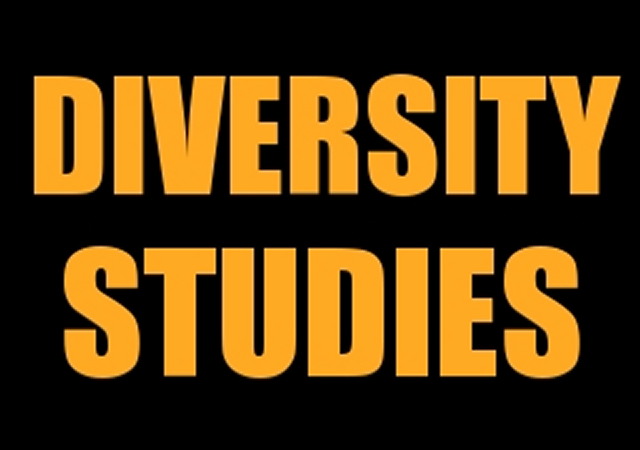“Too often, we embrace diversity of all kinds except for ideological.”
A New York Times columnist comes around.

When Nicholas Kristof of the New York Times is admitting academia has a problem with liberal bias, there is hope for higher education.
From his recent column:
The Dangers of Echo Chambers on Campus
After Donald Trump’s election, some universities echoed with primal howls. Faculty members canceled classes for weeping, terrified students who asked: How could this possibly be happening?
I share apprehensions about President-elect Trump, but I also fear the reaction was evidence of how insular universities have become. When students inhabit liberal bubbles, they’re not learning much about their own country. To be fully educated, students should encounter not only Plato, but also Republicans.
We liberals are adept at pointing out the hypocrisies of Trump, but we should also address our own hypocrisy in terrain we govern, such as most universities: Too often, we embrace diversity of all kinds except for ideological. Repeated studies have found that about 10 percent of professors in the social sciences or the humanities are Republicans.
We champion tolerance, except for conservatives and evangelical Christians. We want to be inclusive of people who don’t look like us — so long as they think like us.
 DONATE
DONATE
Donations tax deductible
to the full extent allowed by law.








Comments
The New York Times’ executive editor said that his newspaper — and “media powerhouses” across the nation — “do not understand what motivates devoutly religious Americans.”
Dean Baquet sat down Thursday with NPR for an extended interview on the media landscape following Donald Trump’s presidential election win on Nov. 8. Host Terry Gross essentially engaged in an after-action review in terms of what media outlets can learn from the election cycle.
When Mr. Baquet was asked whether he is “wrestling” with how to cover President-elect Trump, he used the question to pivot to ways to reach religious readers.
“I want to make sure that we are much more creative about beats out in the country so that we understand that anger and disconnectedness that people feel,” Mr. Baquet said. “And I think I use religion as an example because I was raised Catholic in New Orleans. I think that the New York-based and Washington-based too probably, media powerhouses don’t quite get religion. We have a fabulous religion writer, but she’s all alone. We don’t get religion. We don’t get the role of religion in people’s lives. And I think we can do much, much better. And I think there are things that we can be more creative about to understand the country.”